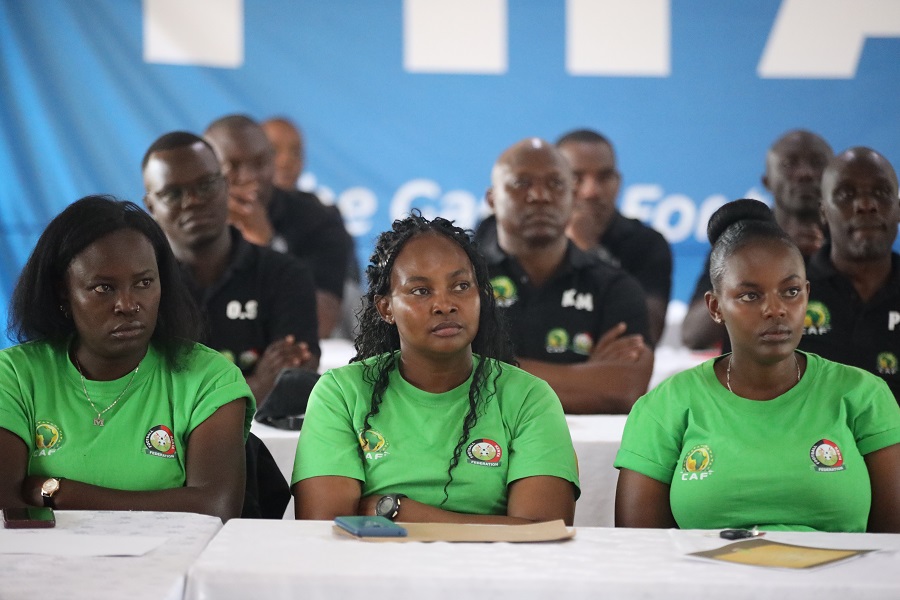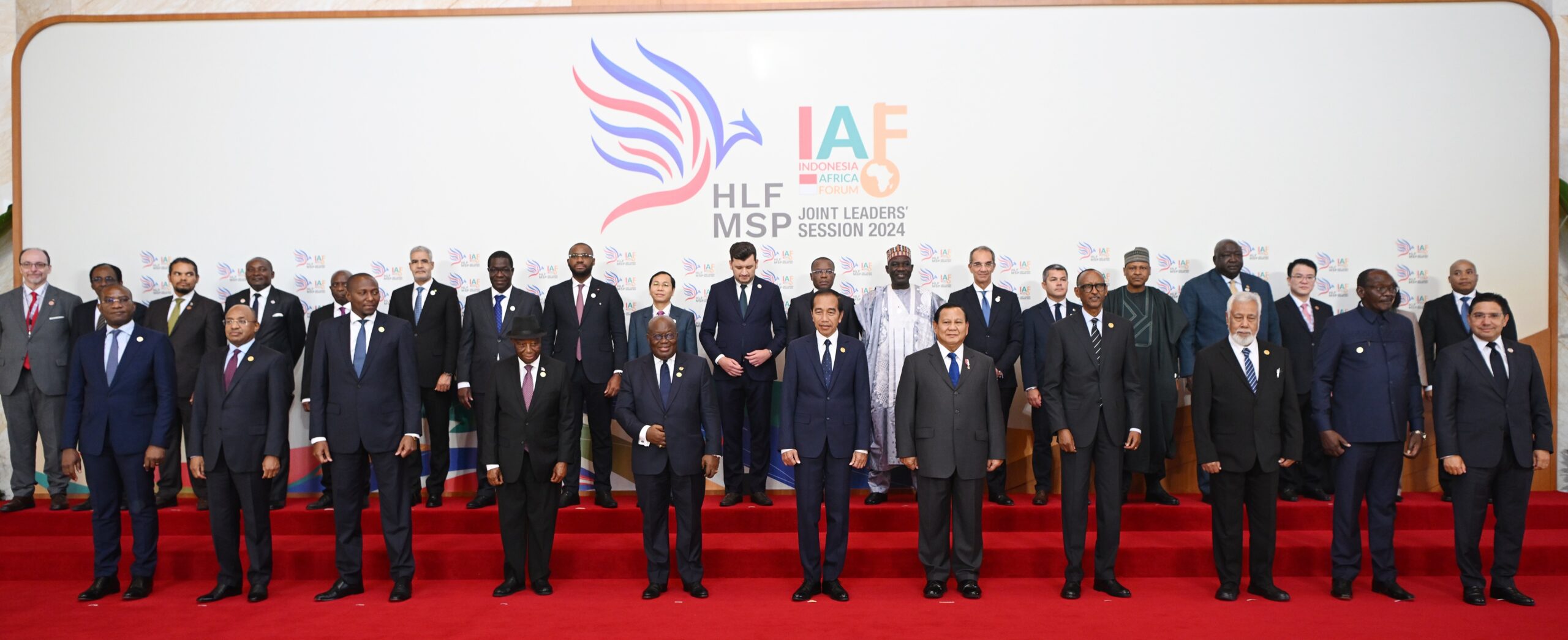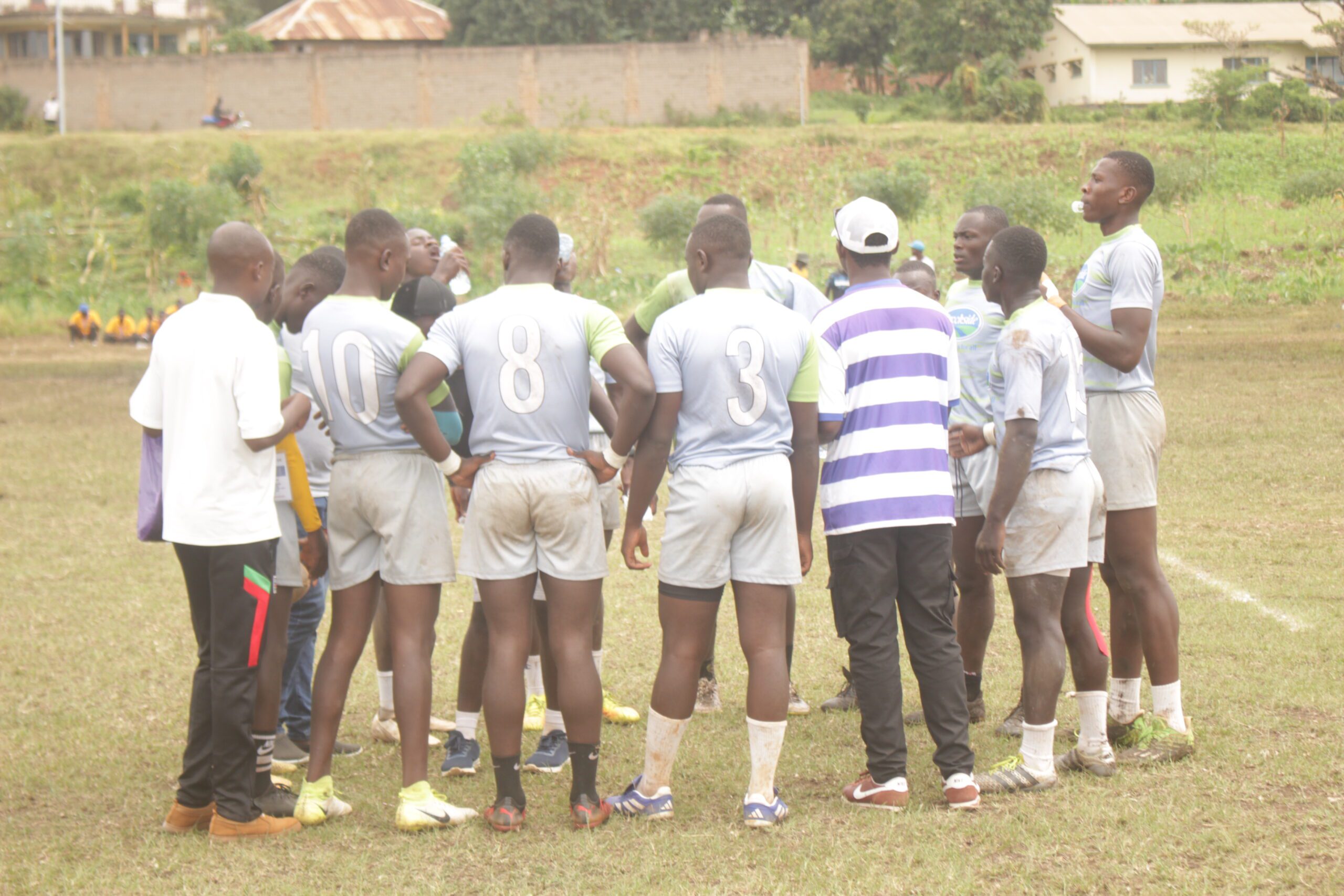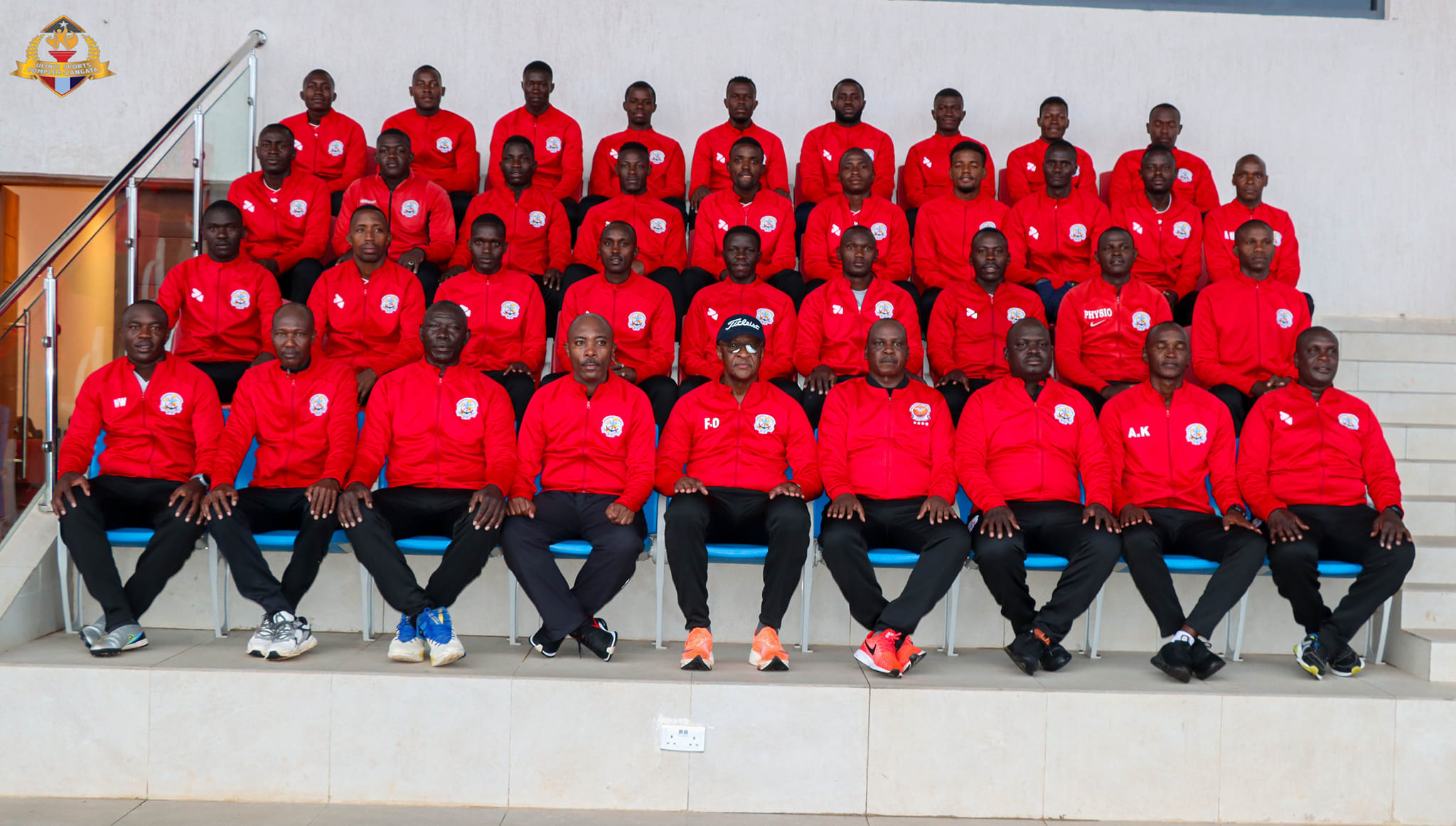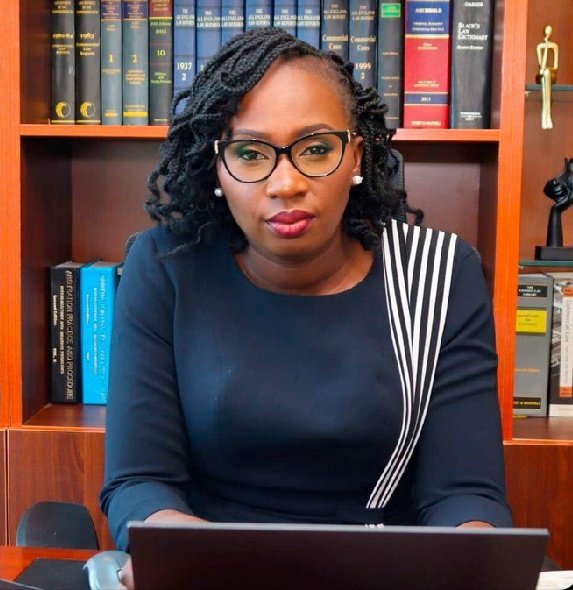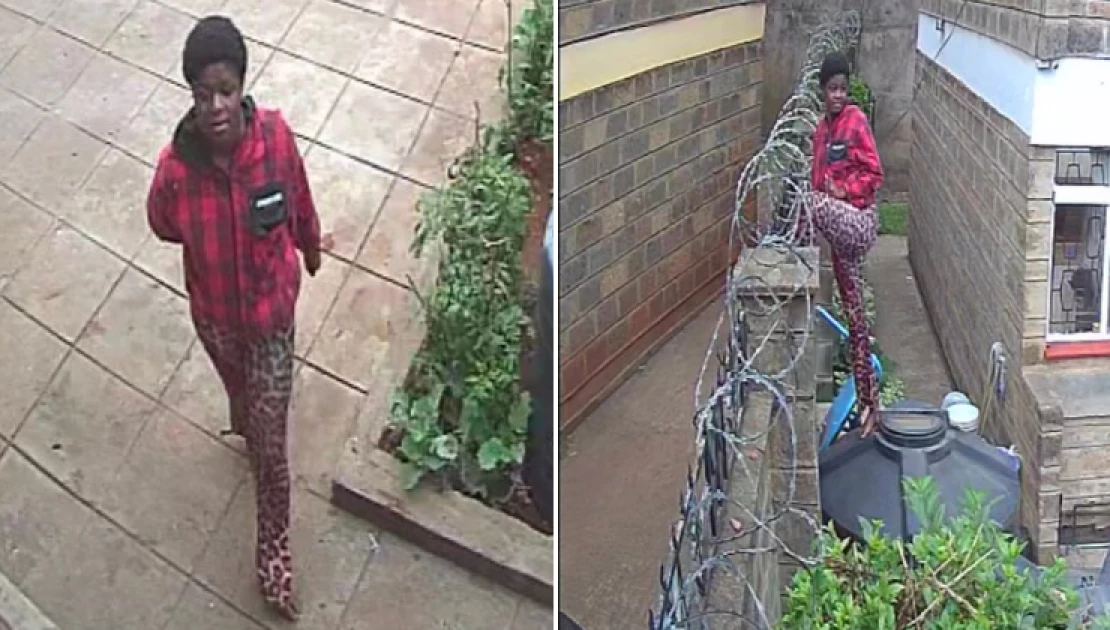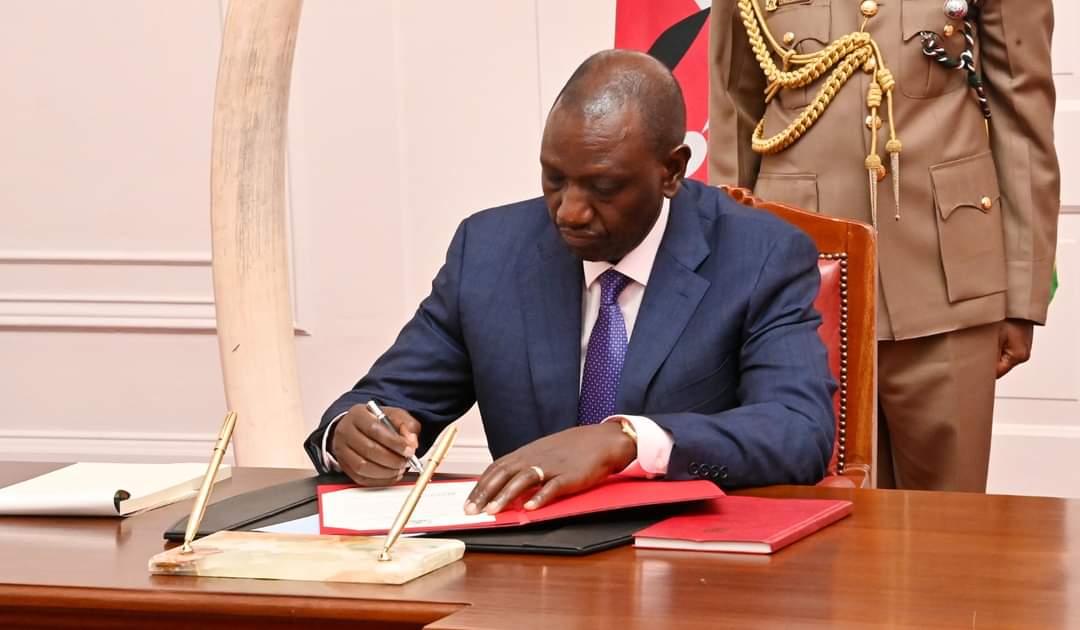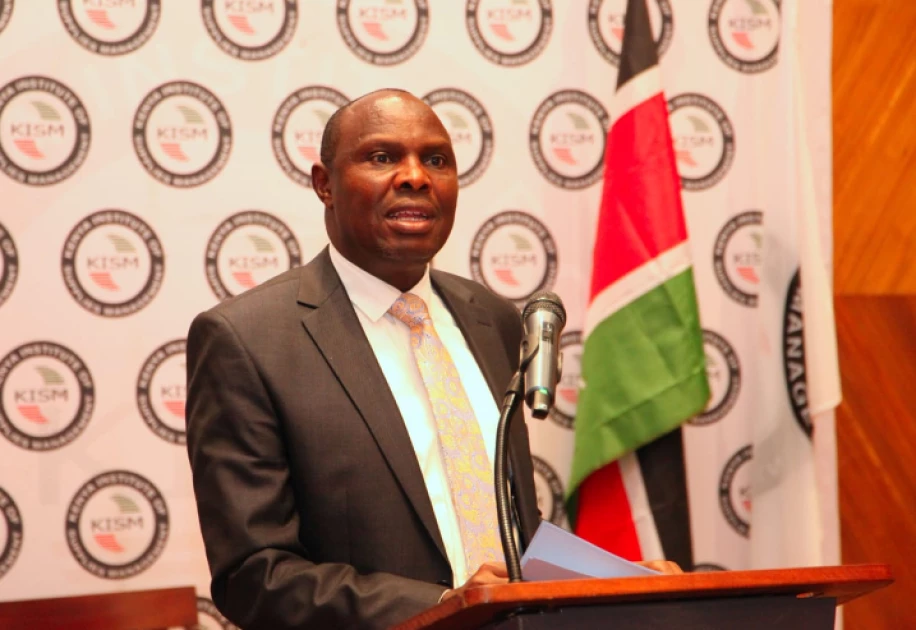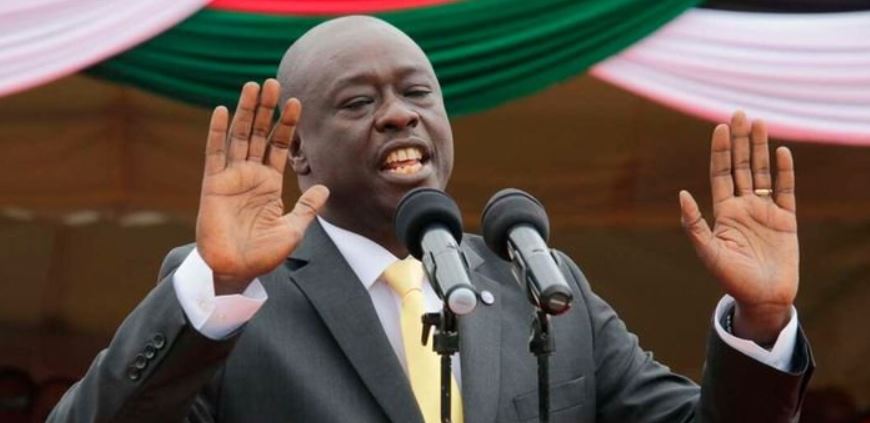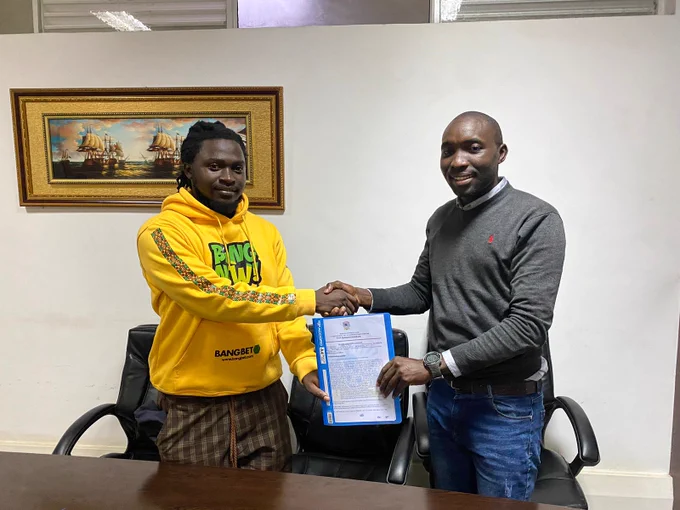Kenyan TikTokers, including popular personalities like Malcolm and Mbanya, are voicing strong opposition to the proposed Human Tissue and Organ Transplantation Bill, 2024, citing fears of potential exploitation and misuse of the law.


The Bill, which seeks to regulate organ transplantation in Kenya, has sparked widespread concern, particularly over how vulnerable individuals could be taken advantage of in the process.
Malcolm and Mbanya Speak Out on TikTok
Malcolm, a US-based Kenyan TikToker, was among the first to raise alarms on social media, warning of the risks the Bill poses. “The business of selling body parts is very lucrative. If this law passes, people may even target those with no relatives, and harvest organs from living individuals, claiming they died when they hadn’t,” he said, expressing his concerns over the lack of proper regulations to prevent such exploitation.
Mbanya, another prominent TikToker, also weighed in, warning Kenyans to stay vigilant. “This could lead to people losing their body parts under coercion. Our melanin-rich bodies are highly valuable to those in the organ trade. With the right corrupt leadership, this could become a nightmare,” he claimed, advising people to be extra cautious when visiting hospitals.
Details of the Human Tissue and Organ Transplantation Bill, 2024
The Bill, introduced by MP Mark Muriithi Mwenje of Embakasi West, aims to create the Kenya Tissue and Organ Transplantation Authority to oversee all organ and tissue transplants in the country. The authority would replace the Kenya Tissue and Transplant Authority, which was established in 2022. It is tasked with regulating the entire process of organ transplants, from registration and licensing of medical facilities to overseeing the testing, typing, banking, and distribution of organs.
The Bill would allow individuals to decide on organ donation after death, and in cases where the deceased has not made their wishes known, close relatives can give consent on their behalf. MP Mwenje denied claims that the Bill would legalize the sale of human organs, insisting that the aim is to improve organ availability while combatting illegal organ trafficking.
Mixed Reactions from Kenyans
The Bill has sparked intense debate online, with many Kenyans raising concerns about its potential dangers. Critics argue that it could lead to the exploitation of vulnerable individuals. Social media users have expressed their fears, with some commenting:
- “This will endanger innocent people. They’ll take their body parts without consent,” said Ombeva Hillary.
- “It’s a dangerous move that could lead to more human trafficking,” Lucie Zk added.
- “Kenyans need to wake up, this is madness,” stated Jay_maumau.
Allegations of Organ Theft in Kenyan Hospitals
This new debate surrounding organ transplantation legislation follows a disturbing case where a 22-year-old woman, Ivine Kinagu, accused a Nairobi hospital of removing one of her kidneys without consent during surgery. Kinagu went to the hospital for stomach issues and underwent surgery, but post-surgery complications revealed she was missing a kidney. The hospital staff denied any wrongdoing, but investigations are ongoing.
Conclusion: The Debate Intensifies
As the Human Tissue and Organ Transplantation Bill moves through legislative channels, public opinion remains divided. TikTok influencers and ordinary Kenyans alike continue to voice their concerns about the potential for exploitation, urging lawmakers to reconsider the Bill or implement stronger safeguards to protect vulnerable citizens from abuse. The ongoing discussion highlights the need for careful regulation to ensure that organ donation and transplantation are carried out ethically and responsibly.
















